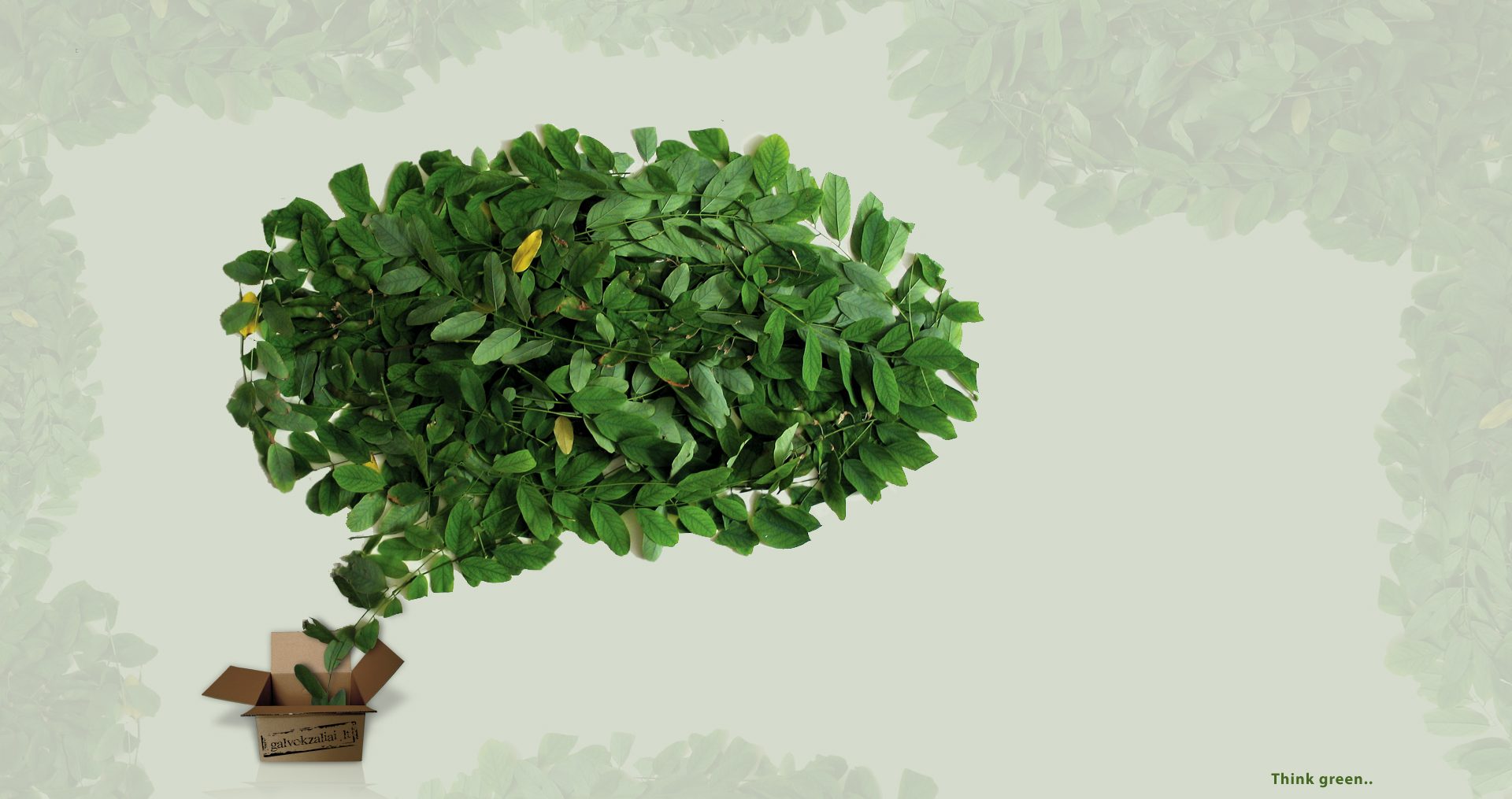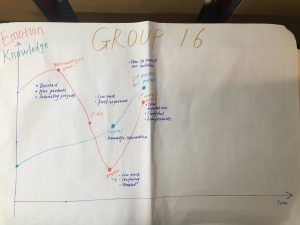Have you ever got bombarded with all the waste that humans are generating and lost hope in saving the environment! If this thought ever passed your mind than you are not alone. We have also felt the same way and want to take an action!
We are a group of six people who are passionate about eliminating the number of single-use paper cups to reduce pollution, waste, and preserve resources. We know that this will be a challenging task but we think we can make a step towards it!
Our LFS 350 course has provided us with the opportunity to partner with City Studio and the City of Vancouver to make a difference.
ABOUT US
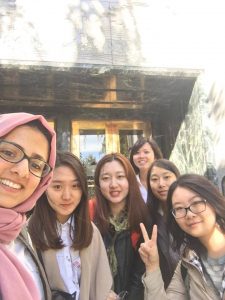
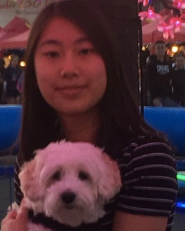
Hello! My name is Chantel Dong and I am a third-year student majoring in Food Science. I love cooking, baking, travelling, and spending time with family and friends. My interest in the environment began in high school, where I was the Co-President of the recycling club. When I started university, I did not have a chance to participate in any sustainability efforts aside from sorting my garbage on campus so I am excited to be involved again!
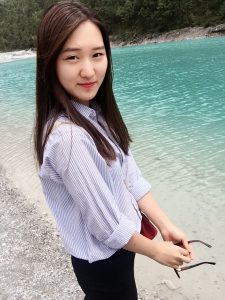
Hi there! My name is Yijie Wang and I am a 3rd year Food, Nutrition, and Health major student. Since the first time I came to Canada, I realized how recycling can be done very efficiently. As in my hometown, people have less awareness about waste recycling, and the public also do not tender completely recycle facilities. By attending “paper coffee cups recycle” project, I want to learn about how the people, in Vancouver, think and implement waste diversion and management. I am so surprised that City Studio had already planned numerous projects, and applied “Zero Waste” project so well in Vancouver. I hope I can contribute further to the future project of the City of Vancouver and CityStudio!
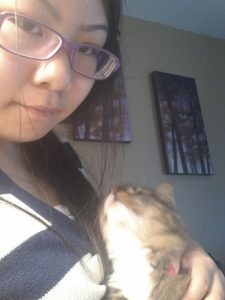
Hello! My name is Linda Shi. I am a third-year student majoring in Nutritional Sciences. I am interested in making food and I’m not afraid of trying new things. During my free time, I like to search for recipes from different countries. Doing handwork is another hobby as I like to make woolly hats, needle felting animals and more. Sometimes, I make good use of waste materials, I reuse coffee cups as flowerpots. I chose this project because I want to use my skills to solve the problem of single use items that is being wasted.
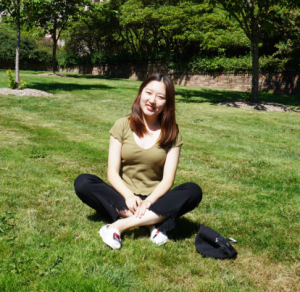
Hello!My name is Zinan Zhou, and I am from China. My major is food market analysis. I love trying new things, eating new foods, and meeting new people. Vancouver is also a coastal city, similar as my hometown, so I have a special feeling towards Vancouver and want it to be a better city for living. The project of “Zero waste coffee cup” focuses on the reduction of paper coffee cup. I am so excited to work with CityStudio and the City of Vancouver to pursue the goal of zero waste 2020 and let Vancouver be the greenest city in the world. I believe small changes can make a great difference.
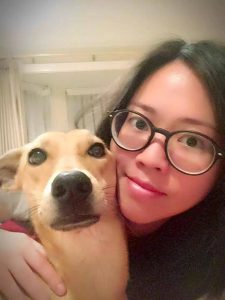
Hello! My name is Betty Chiang. I am a third year applied animal biology student. I was born and raised in Taiwan. When I was in highschool, I attended a summer camp where I was taught that the modern day food industries, especially meat production, inflicts severe damage on the environment. This planted a seed of concern within me, I then decided to take action and become a vegetarian for eight years. The same impulse led me to advance further in helping preserve the environment. As I’ve come to learn that the common practice of recycling is among the most trivial courtesies we human can do to the planet, I now discipline myself to consume as little energy as possible in my daily life in hopes of becoming a true friend of mother Earth.
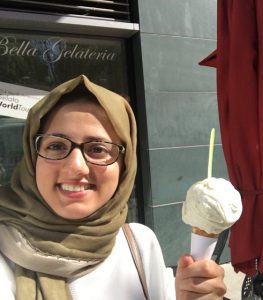
Hi! My name is Nada, and I’m a third year student majoring in Food, Nutrition, and Health. My home country is Saudi Arabia and my favorite ice cream flavour is vanilla. I am concerned about the environment and about leaving the world a better place for future generations. I hope I could learn more about Vancouver’s waste diversion and how to get the community’s involvement. I strongly believe in the power of genuine initiatives! Thus, I hope that our project enhances Vancouver waste system to reach its 2020 Greenest City goal, and I hope it could be applied to other cities around the world.
About Our Project
Our main goal is to become an active citizens and have a positive impact on our community. To achieve that, we want to create a successful social media campaign to set a foundation for the City of Vancouver and CityStudio to normalize and promote the use of reusable cups. We are pleased to have the chance to work with CityStudio and the City of Vancouver and we hope our project will make a difference.
From our experience in LFS 350, we wish to gain hands on experience in the community. As well as a chance to integrate creative ideas from our group’s varying fields of study. We hope to be able to apply our knowledge from both LFS 350 and our various other classes to our project.
Our interest is to reduce the number of single-use paper cups in an attempt to achieve Vancouver’s 2020 goal of Zero Waste. As a result of reducing the number of single-use paper cups, the city will be able to reduce energy input, create less pollution, and help Vancouver be an even more sustainable city. We want to encourage people to save a tree by bringing their mugs to help the environment.
In 2011, Vancouver devised a plan to become the greenest city in world by 2020 (City of Vancouver, 2017). Their Greenest City Action Plan’s main goal is to create zero waste. They aim to reduce the amount of solid waste going to the landfill and incinerator by 50% from amount in 2008 (City of Vancouver, 2017). They will do this by diverting waste from the landfill. As of 2015, the annual solid waste disposed to the landfill has reduced by 27% from 2008. The priority list for years, 2015-2020, includes waste reduction related awareness programs to achieve the 2020 goal (City of Vancouver, 2017).
We are very concerned with this issue because we noticed that recycling bins are overflowing with paper cups at UBC, especially around exam season! In addition, when we are in line at cafes, we rarely see people bringing their own cups or mugs. Thus, we are also interested in comparing the statistical data before and after our media campaign, to compare the difference we were able to achieve. In addition, we want to apply our academic knowledge to the real world and gain hands on experience. We also want to present how small initiatives can make a huge difference for the city and future generations.
Objectives
Our focus for this project is to reduce the number of single use items in Vancouver.
- Develop a campaign using social media, print, or physical ways to normalize the use of single use items
- Develop a strategy to test our campaign
- Compile the data and analyze to share with community partner to help make a difference and provide a foundation for future projects.
Community Partners
In our project, we will be working with two community partners: CityStudio and the City of Vancouver. CityStudio Vancouver started in 2011 and they work together with the City of Vancouver and public post-secondary schools in the area. They help students gain practical hands on experience to help students with future jobs (“What We Do,” n.d.). They were involved in 300 community projects. Furthermore, CityStudio is a place where community members, students, and City staff are able to work together on projects in order to solve sustainability problems and improve people’s living environment in Vancouver.
The next step for the Zero Waste group working with the City of Vancouver is to make the city greener. The City of Vancouver has already improved the city’s waste divergence from 83% of waste products being recycled and only 17% of waste going to the landfill. The City of Vancouver wants to improve the environmental impact even further. They aim to encourage people to reduce their waste of single-use items instead of recycling them.
First Impressions
Our first impression was really great. Our community partners are very friendly, encouraging, and organized. They are allowing us to be creative with our ideas while still providing guidelines to follow. We are also very thrilled to be part of a group that has a similar concern for the usage of single use items.
Thus far we are starting to brainstorm ideas for executing the social media campaign. Our initial struggle is identifying how to collect data for the end effectiveness of the campaign. We plan to observe how many people are bringing their own mugs before we release our campaign and observe after the release of the campaign. However, it will be difficult to know if the customers have seen our campaign or not therefore it will not be an accurate representation of the effectiveness of the campaign. We could also show the video campaign to the customers in line, but due to time constraints of customers, this may not be possible. Therefore, we need to try to come with a more creative ideas to overcome this issue.
As Ernesto Sirolli (2012) mentioned in the Ted Talk, “if we want to help someone, we have to listen to their thoughts and ideas”. People are the owners of the city, and we are not above them. The best way to initiate their change in behavior is first to listen to their voices. By listening to the people’s voices, we can make an environmental campaign that has influence on them. Moreover, we can encourage people to participate in the reduction of waste and to also increase the rate of waste diversion. Pursuing the goal of Zero Waste 2020 and giving back to the community is one of our important objectives as sustainability is the cornerstone in achieving food security and food justice.
References
Sirolli. E. (2012, November 26). Ernesto Sirolli: Want to help someone? Shut up and listen! [Video file]. Retrieved from https://www.youtube.com/watch?v=chXsLtHqfdM
